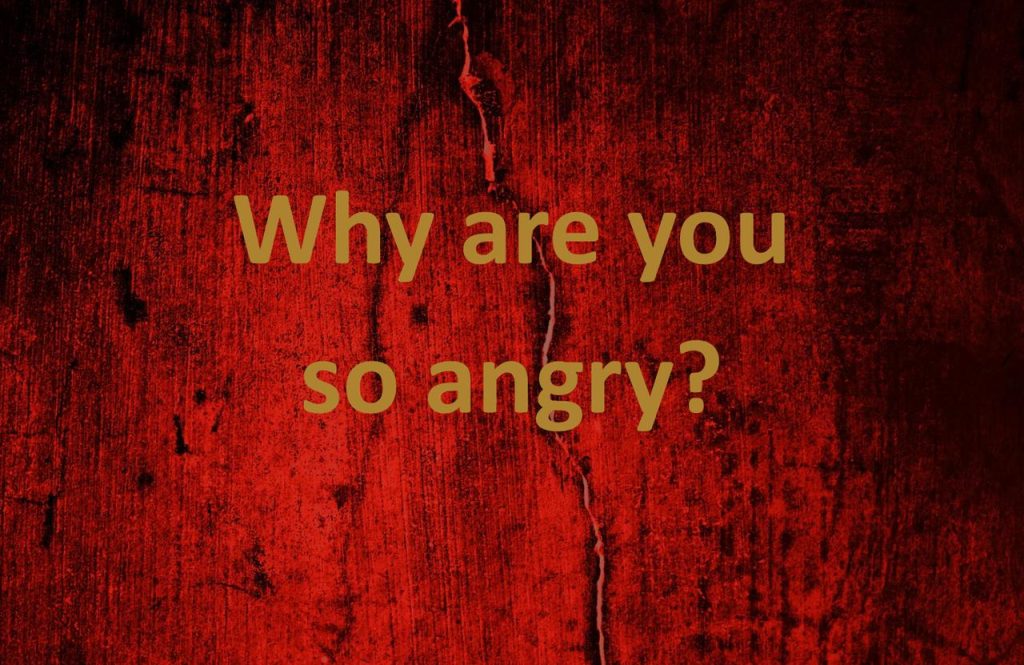You likely entered the legal profession with sharp intellect, relentless drive, and a deep sense of purpose. But over time, have you noticed a change in your demeanour? Are you quicker to snap, more irritable, more sarcastic than you used to be?
You’re not alone.
Lawyers are often perceived as short-tempered, impatient, or cynical – not because they lack professionalism or discipline, but because of something deeper: emotional dissonance. This is the internal conflict between what you genuinely feel and what you’re expected to project. You’re required to stay composed, objective, and detached, even when dealing with emotionally charged, ethically complex, or personally frustrating cases. But suppressing emotions doesn’t erase them – it distorts them. And eventually, they show up elsewhere: in your tone, your relationships, your energy, and your health.
How Emotional Suppression Fuels Anger and Frustration
For many lawyers, anger doesn’t just appear during high-stakes negotiations or courtroom battles. It bleeds into your everyday life. You feel it when things don’t go your way, when expectations aren’t met, or when minor inconveniences feel like personal affronts. These aren’t personality flaws – they’re signs of a brain overburdened by years of emotional suppression, working overtime to maintain control in a world that refuses to be controlled.
- Cognitive Overload Reduces Your Frustration Tolerance
Your mind is constantly juggling complex casework, client pressure, firm politics, and time-sensitive demands. When you pile unprocessed emotion onto that mental load, your cognitive bandwidth shrinks. You become more reactive, less patient, and easily triggered, even by things that once felt trivial.
- Suppressed Emotions Turn into Resentment
When you’re forced to keep a straight face through frustration, moral discomfort, or disappointment, those emotions don’t vanish. They linger. They fester. Over time, this internal pressure morphs into resentment toward clients, colleagues, and sometimes even the profession itself.
- Chronic Stress Rewires Your Brain for Reactivity
Neuroscience tells us that long-term stress reshapes how your brain responds. The amygdala (your emotional centre) becomes hypersensitive, while the prefrontal cortex (your logical decision-maker) loses regulatory strength. The result? You’re more likely to overreact, less likely to pause, and more prone to escalate under pressure.
- Sarcasm and Cynicism Become Emotional Shields
Dark humour, sarcasm, or cynicism often start as coping mechanisms. But over time, they reinforce emotional distance, making it harder to connect authentically with clients, teams, or even loved ones. What once felt like stress relief becomes a barrier to real engagement.
- The Illusion of Control Fuels Your Frustration
As a lawyer, you’re trained to forecast risk, craft narratives, and influence outcomes. But real life like many aspects of legal practice is unpredictable. When things don’t go as planned, the brain perceives a loss of control, triggering a stress response: heightened cortisol, activated amygdala, and emotional volatility.
Your reactions in practice don’t stay confined to work they spill into everyday life, shaping how you handle frustration, disappointment, and unpredictability far beyond the professional context.
When expectations go unmet, your brain wired for certainty pushes you into a cycle of hypervigilance, disappointment, and chronic irritability. You stop tolerating the small things. And worse, you stop enjoying the big ones.
How Chronic Frustration Diminishes the Joy in Your Life
This isn’t just about mood. When anger becomes your default setting, it reshapes your brain’s ability to experience pleasure, satisfaction, and contentment. The anticipation of conflict becomes so ingrained that even success doesn’t feel rewarding anymore. You become wired to expect the worst, and that rewiring robs you of joy.
It’s a cruel paradox: you pursue excellence, commit to high standards, and aim for control only to find yourself emotionally distant, reactive, and unable to enjoy the very success you worked so hard to achieve.
How to Break the Cycle
Acknowledging that emotional suppression fuels your frustration is the first step. The next is learning how to manage emotions in a way that restores your clarity and control – without burning you out in the process.
- Replace Suppression with Emotional Regulation
Don’t ignore your emotions – manage them. Recognise what you’re feeling, pause without judgment, and decide how to respond. Regulation isn’t weakness. It’s strategic emotional mastery.
- Strengthen Cognitive Resilience
Cognitive training helps you stay clear-headed under pressure. Techniques like mindfulness, structured reflection, and cognitive reframing enable you to process emotions constructively, without letting them hijack your performance.
- Identify the Emotion Beneath the Reaction
Ask yourself: What’s really going on here? Often, what presents as anger is actually frustration, exhaustion, or disappointment. The more accurately you name it, the better you can work through it.
- Redefine What It Means to Be Composed
Being composed doesn’t mean being numb. It means knowing how to hold steady without disconnecting from your emotional intelligence. That’s what true resilience looks like.
Mastering Your Emotional State for Long-Term Success
The demands of legal practice aren’t going away but your emotional response to them can evolve. Suppressed emotions will always find a way to surface, usually at a cost. But by developing emotional agility and cognitive resilience, you gain the ability to stay calm, clear, and focused without letting frustration run your life.
This isn’t about being less human. It’s about being a high-performing, emotionally grounded version of yourself one who leads with strength, performs under pressure, and lives with far more peace than the profession might otherwise allow.
Want to reclaim your time, energy, and clarity? Get your free copy of THE 5 MENTAL HABITS THAT ARE SECRETLY COSTING YOU TIME, ENERGY, AND CLARITY: Download here.
For more resources and support, visit the Professional Mind Resilience Institute (PMRI) at www.pmri.co.za or contact us at info@pmri.co.za.


